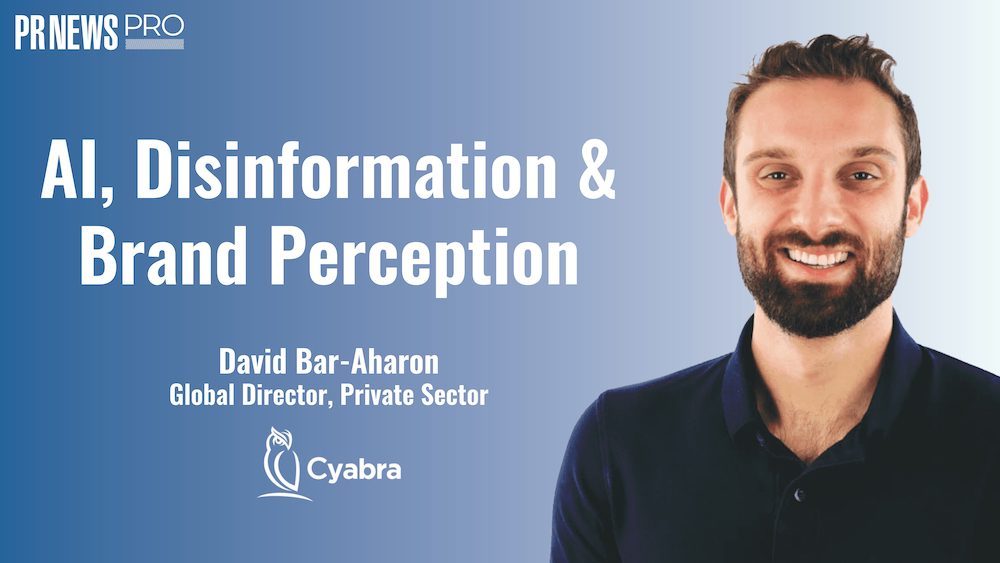He may hold an MBA, rather than an MD, but Shaun Dakin wants to give politicians a taste of their own medicine.
Dakin, now a database marketer, was once a volunteer political telemarketer. In 2006, he got an earful of complaints about candidate calls, especially from people who had enrolled in the federal do-not-call list. Now Dakin has established his own list for people seeking to avoid political telemarketing.
When the federal do-not-call-list was established, politicians claimed exemption, arguing that their pitches were not sales calls, but rather free-speech efforts aimed at informing the voting population.
Perhaps. But sometimes the information given out is mighty dubious. For example, in 2000, calls made to South Carolina voters falsely insinuated that John McCain had fathered an illegitimate child.
And when legitimate informational calls are followed by campaign contribution solicitations via direct mail, the combined effort smacks more of multichannel marketing than political discourse.
“If this thing takes off, there will be a lot of very angry voters who may not vote for candidates who don’t participate,” Dakin says of his registry. He hopes to sign up a million names by March 2008.
It’s an ambitious goal. The registry (www.stoppoliticalcalls.org) launched in late September. As of early October, it contained 460 names.
But for some local and state campaigns, a million names won’t be necessary. Ten thousand voters within a state senator’s or city councilman’s district could tip a close race.
“Right now, there is no reason for a politician to pay attention,” Dakin admits. But, he continues, political operatives have told him that once he hits certain signup thresholds, their candidates would be stupid not to participate.
“There is no way a politician would say ‘it is my First Amendment right to call you at dinnertime,'” Dakin says.
The registry’s biggest flaw is that when a candidate agrees to use the suppression file, the entire list is sent to the campaign for deduping. An unscrupulous operative — and there are a few in the political arena — could target individuals on the list, using the name of a political opponent.
Unfortunately, recourse is limited. “It comes down to public shaming,” Dakin says. “My organization will go to the press and say ‘this particular candidate is not playing by the rules.'”
That said, his list contains only names, phone numbers and (if enrollees choose to include them) physical addresses. No Social Security numbers, no mothers’ maiden names.
Dakin’s registry is a first step at ameliorating the arrogance of politicians who pass restrictive marketing laws they don’t intend to follow themselves. Is it a perfect step? Probably not. But it gets the debate started.
Power to him.
To respond to the opinions in this column, please contact [email protected]
 Network
Network

